|
As we enter 2024, we find our purchase planning clouded by uncertainty and doubt. As you may know, the new EU Deforestation Regulation (EUDR) requires companies trading coffee and other commodities such as livestock, cocoa, oil palm, rubber, soy and timber, as well as products derived from these, to carry out extensive due diligence in the value chain to ensure that the goods are not the result of recent deforestation, forest degradation or violations of local environmental laws. European importing companies will need to prepare for the new obligations that will apply from 30 December 2024. From the importer's perspective, the EUDR will require companies to digitally map their supply chains back to the farms where the coffee was grown, which could involve tracking thousands of small farms in remote regions. This is obviously impossible to do, because importers do not directly visit all the smallholders we work with and rely in part on data provided by local exporters, some of whom also do not deal directly with coffee farmers.
0 Comments
Coffee has been traded for commercial purposes for 400 years. From there, it has spread to approximately 70 countries where it is currently grown. The Dutch were the ones who began to establish economies of scale around the production and export of coffee. Later they grew coffee in Java and Ceylon (now Sri Lanka). The first exports from Java to the Netherlands occurred in 1711, and the Dutch East India Company was the first multinational corporation in history and the first to export coffee on a large scale. During these four centuries, a pattern of neo-feudal behaviour has been generated, which has forced small coffee growers to chain themselves into ultra-dependent relationships with large landowners or multinationals, which have caused multimillion-dollar profits for large companies, in addition to the concentration of land, marginalization and slavery. This is how this business model has been perpetuated until today.
Coffee has reached record prices since 2014 this week. But how does this price increase affect coffee farmers and roasters? What is the "C" price of coffee?
The coffee commodities market, also known as the "C" Market, is where brokers at the New York Stock Exchange determine the future price of coffee contracts globally every day. By buying or selling these futures contracts, brokers place bets on the expected future value of a certain commodity. Therefore, projections about the future supply and demand of coffee will make possible multiple variations in its price in the present. Cupping coffees without having any origin info, would be nonsense, right? We can't understand a coffee if we do not know its origin and to really know an origin, we must first try to understand its culture, read its history, listen to its music and observe the state of its political system. There's no other way. It is the same with many other situations in life, everything is a consequence of something anterior, a reaction of a previous action. This "Newtonian" plot is everywhere, and no matter how hard we try to untangle it, hits our unsophisticated sense of perception like an apple falling on one’s head, preventing us from understanding its full scope and impact. “In the middle of difficulty lies opportunity" - Albert Einstein In August of the year 2018, the price of coffee reached levels considered alarming by the majority of those who work in the coffee industry. For the first time in 12 years, the "C" price in New York fell below 100cts/lb. While it is true, the average price of the last 12 years is not much higher than 120cts/lb, this decline generated unprecedented reactions in the specialty coffee world, which we think is positive.
Since time immemorial, people have always travelled and the world has always traded their products. But it is also true that global temperature never rose so fast as in the last 35 years. If climate change will be held in a temperature increase of 2ºC or less (Aim of the Paris Agreement 2015); By 2050 it is estimated that 40% of all Carbon Dioxide (CO2) emissions will be caused by ships and airplanes only, if not properly regulated.
Indonesia was the third country in the world to grow coffee for commercial purposes after Ethiopia and Yemen. The history of coffee in Indonesia, as in many others producing countries around the world, begins with tales of colonialism, slavery, monopoly and multinational corporations (Yes! The first ones of modern history were set in the early 17th century).
|
Archives
April 2024
Categories
All
|
- What We Do
- Que Hacemos
-
Origins
-
Orígenes
- Education
- Educación
- Contact
- Contacto
- Home Roaster Store
- Tienda del Home Roaster

|
Copyright © 2015-2024 | Kilimanjaro Specialty Coffees España S.L.U. All Rights Reserved.
|

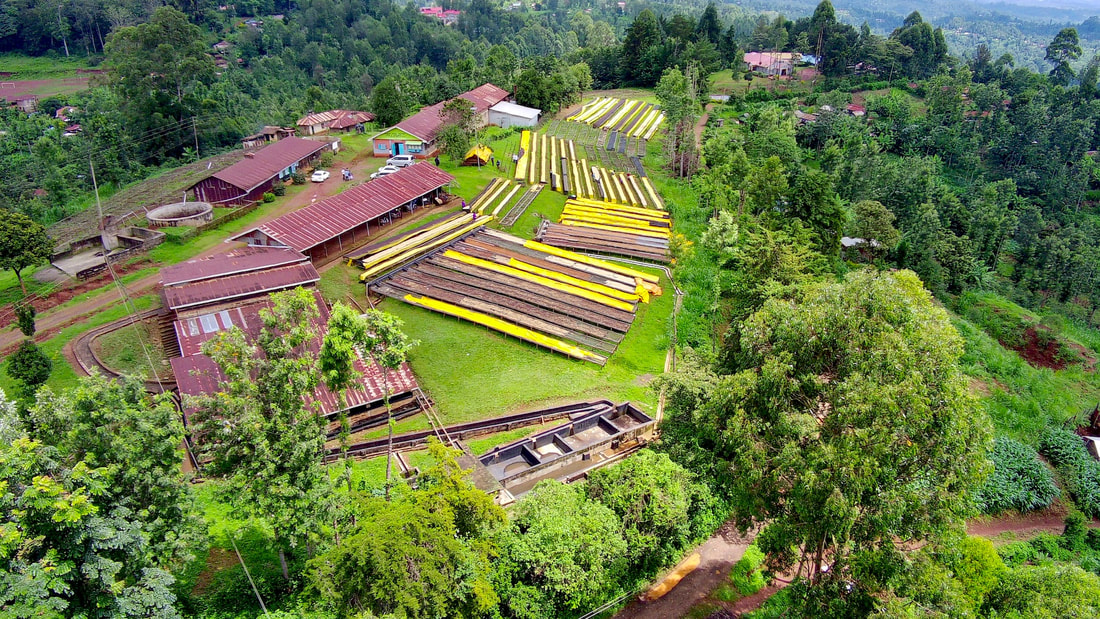
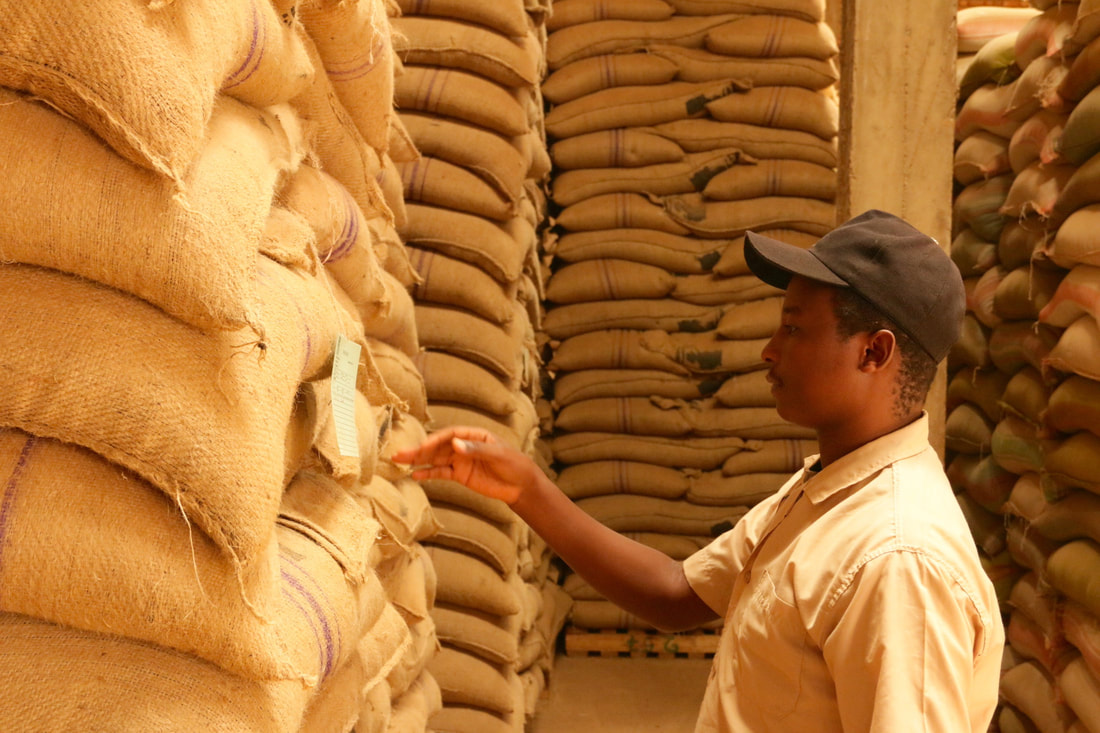
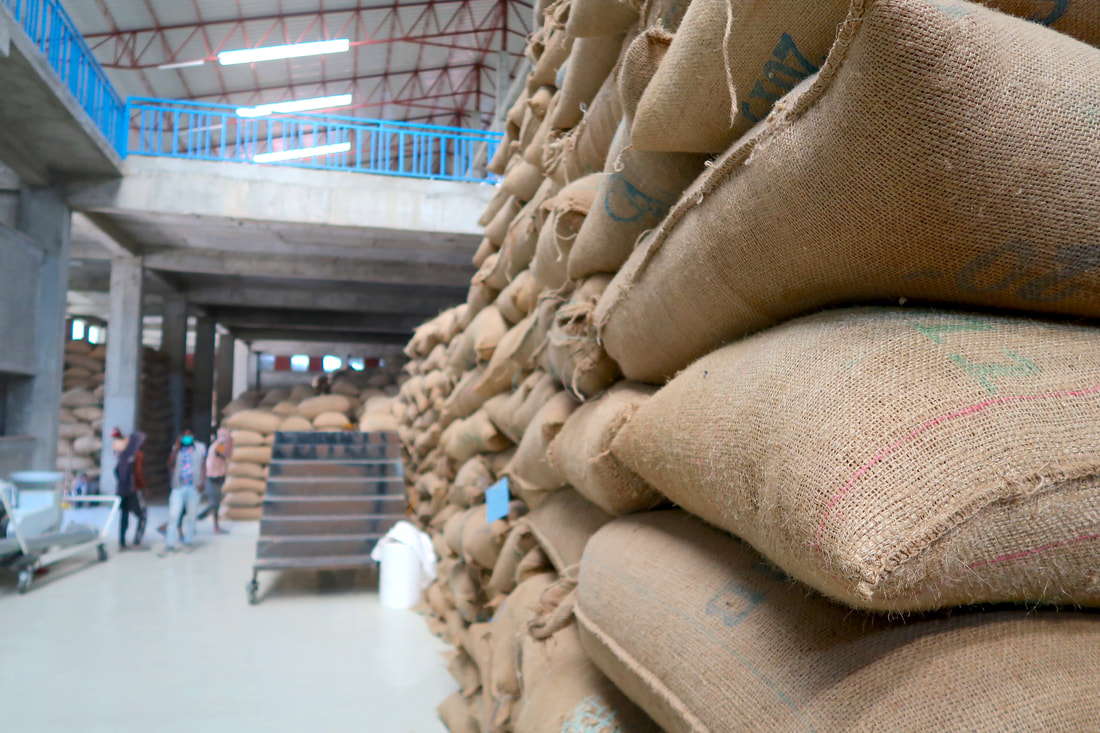
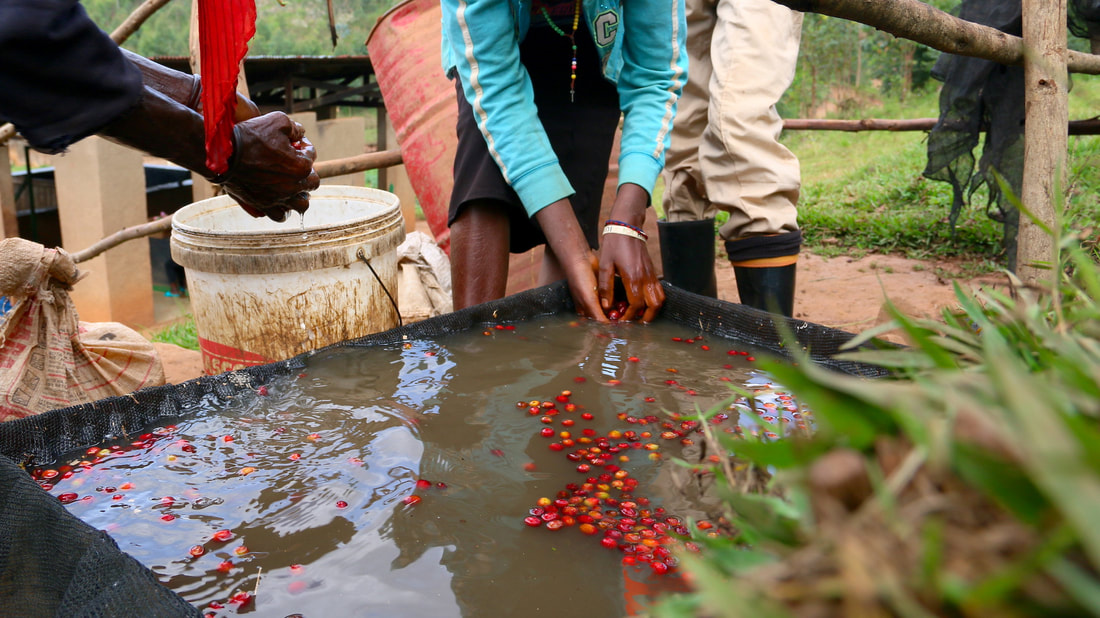
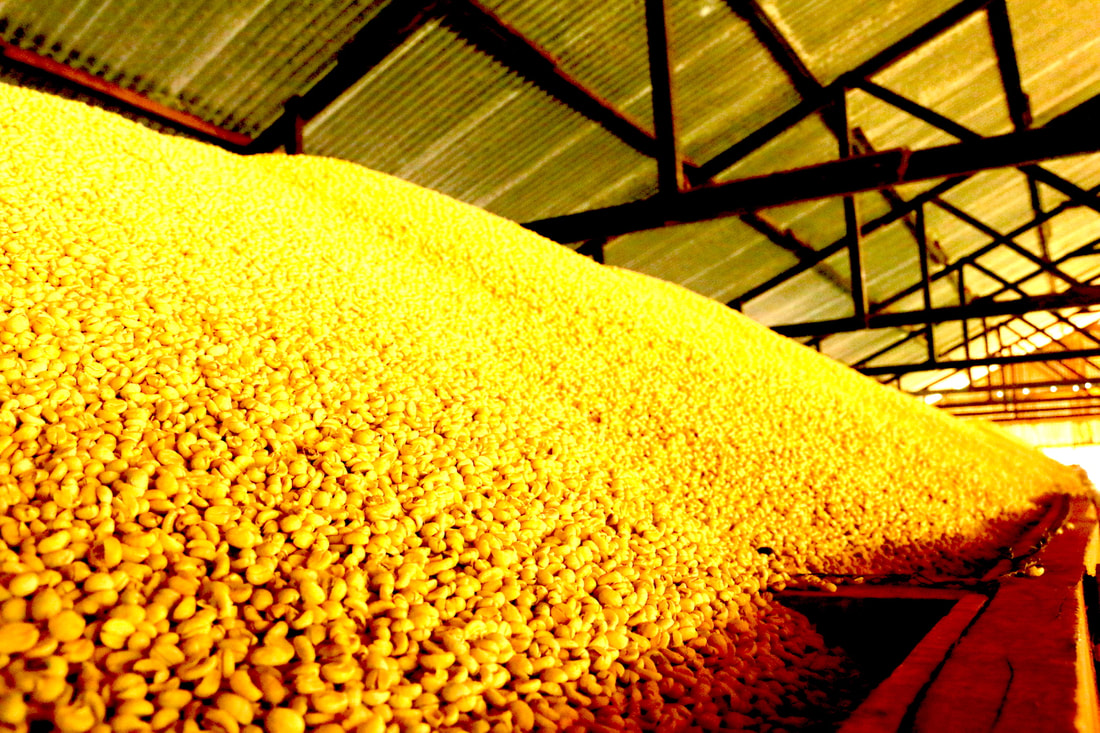

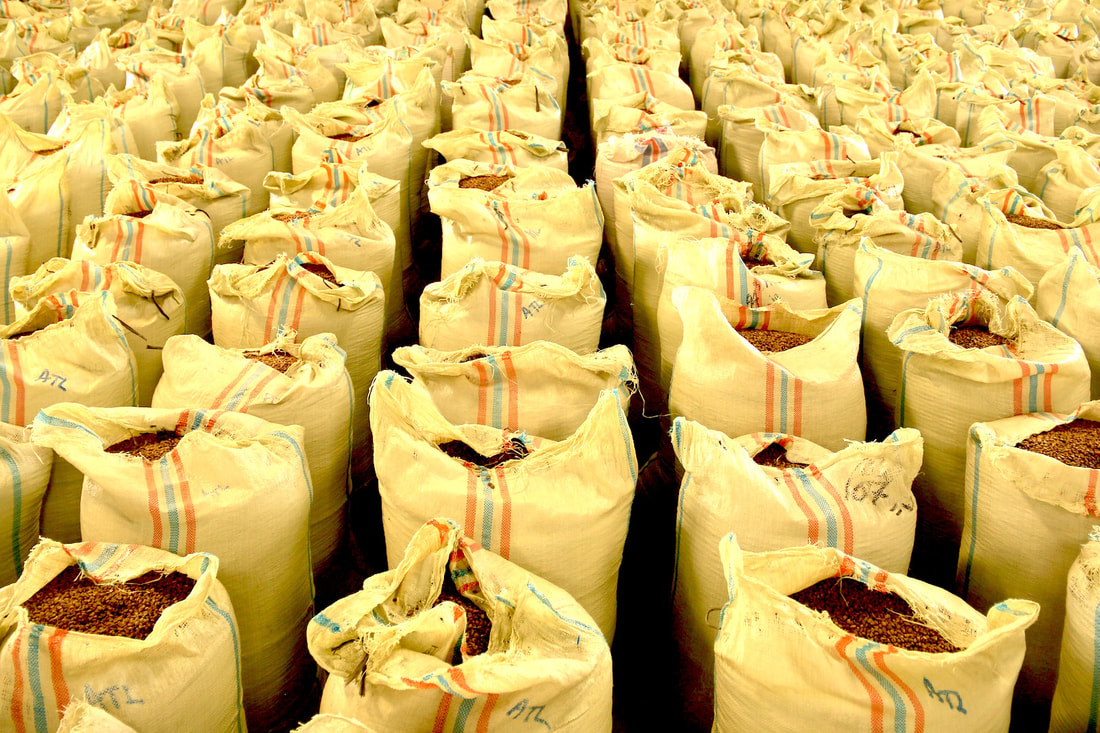
 RSS Feed
RSS Feed